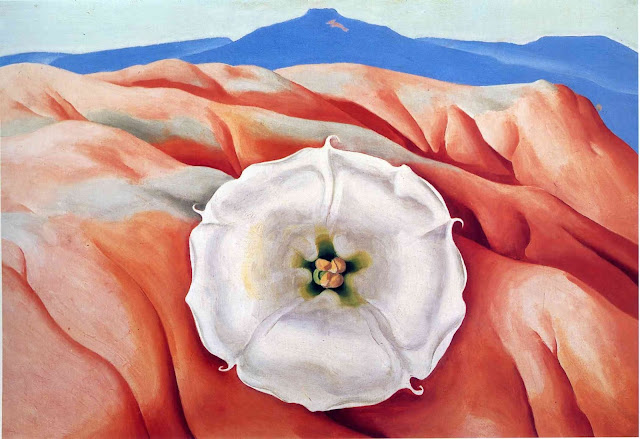“Therefore, behold, I will allure her, and bring her into the wilderness, and speak tenderly to her." Hosea 2:14
I knew there was more to Hosea that I needed to dwell in. The diction alone casts a holy spell, "behold, allure, wilderness, speak tenderly." It feels like a gentle embrace, a soft blanket, a warm fire to relax beside.
Proportionally, the majority of the text of Hosea (and the prophets in general) is devoted to detailing the sins of the people and justifying God's necessary judgement. But oh, for the culmination of His days and plans. He gives us mere wisps of this proportionally, but they are grand, worth savoring, rich.
When I want to explore the corners of a passage, and the feelings they inspire in me, I often turn to the Biblical Illustrator Commentary. It's a compendium of old school commentary, hit or miss, but faithful to expound and expand the conversation.
This morning, the commentators there chatted back and forth about the nature of the wilderness referenced in this passage. Is this wilderness a place of consequence, of alienation, and scarcity, or is this wilderness a place of solitude and restoration?
 |
| Red Hills and White Flower II, Georgia O'Keeffe |
Skimming the scriptures that float to the top of my thoughts, they seem a blend of both, a place of meeting, of communion with God and Satan. They can be a place of struggle and clarity--as Jacob wrestled with God in Peniel, "Face of God" literally. I would rather come away wounded than not engage myself. To me, the loneliest wilderness would be a world unconnected, uncreated, unthought of by God.
For the Israelites in Exodus, the wilderness was an in-between place, a period of progression and relapse, alternating bouts with sin but also a testimony to God's education and provision. Jesus was tempted by Satan in the wilderness as well. And a voice cried out in the wilderness---John the Baptist's true home. I don't think it accidental that we experience both a fearful awe and a reverent release in nature--the creation declares the glory of God, it declares it and echoes it. Yesterday our daughter Grace was referencing hurtful words someone said to her---she said she didn't want to repeat them because speaking them aloud would make them more real.
God speaks. He speaks tenderly to his people. In the beginning was the Word.
In thinking about wilderness spaces, I remembered Robert Frost's poem, "Desert Places."
Desert Places
Snow falling and night falling fast, oh, fast
In a field I looked into going past,
And the ground almost covered smooth in snow,
But a few weeds and stubble showing last.
The woods around it have it - it is theirs.
All animals are smothered in their lairs.
I am too absent-spirited to count;
The loneliness includes me unawares.
And lonely as it is, that loneliness
Will be more lonely ere it will be less -
A blanker whiteness of benighted snow
With no expression, nothing to express.
They cannot scare me with their empty spaces
Between stars - on stars where no human race is.
I have it in me so much nearer home
To scare myself with my own desert places.
Robert Frost
I see You in these places where Frost does not. We can frighten ourselves in these places, or we can see You there. And if we see You there, it is because You woo us, speak to us, tenderly. Lord, may we seek You in our own desert places. May we have attentive ears and hearts. May we not scare ourselves as Frost was scared, but may the poignancy of solitude and silence turn our hearts toward You.


